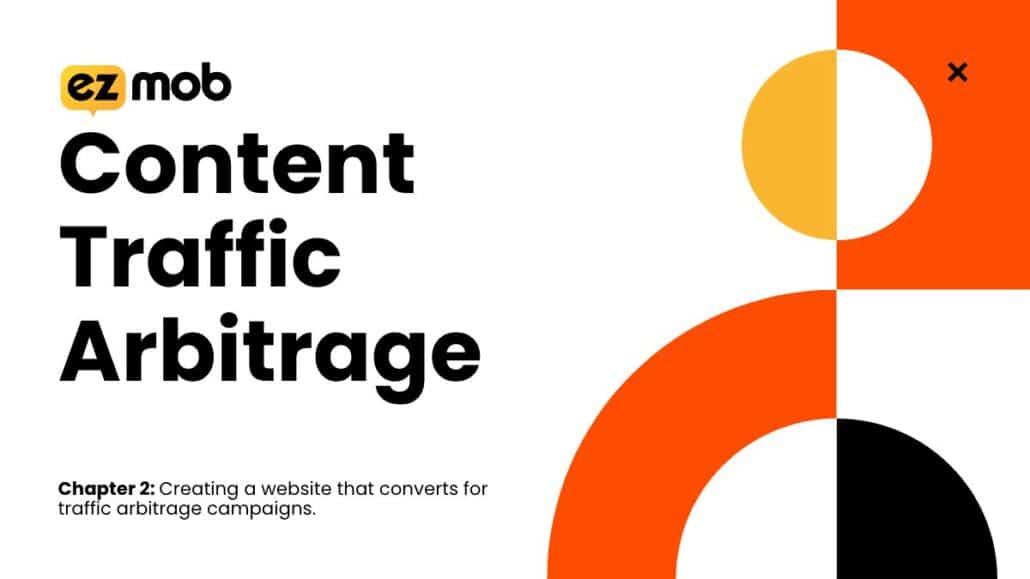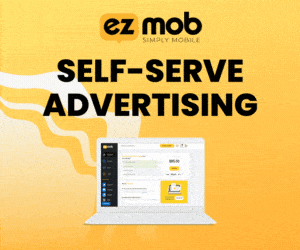
Introduction
Welcome to this essential chapter of our content arbitrage case study, where we’ll focus on building a top-notch website tailored for the automotive industry.
We’ll use Flippa, a premier platform for buying ready-made websites, to expedite the process and maximize efficiency. By purchasing a pre-existing site, you can kickstart your content arbitrage campaign without the hassle of starting from scratch.
In this chapter, we’ll guide you through finding and acquiring the perfect Content Arbitrage Website on Flippa that aligns with your goals and sets you up for success.
Check out the previous chapter that kicks off this content arbitrage case study.
Let’s dive in and create a solid foundation for your affiliate marketing journey!
Table of Contents
What is Flippa?
Flippa is a leading online marketplace connecting digital asset buyers and sellers, including websites, domain names, and mobile apps.
With a user-friendly interface and an extensive catalog of offerings, Flippa makes it easy for individuals and businesses to find the perfect digital asset to achieve their goals.
Whether you’re looking for a fully developed website, a domain with potential, or a mobile app to expand your portfolio, Flippa has something for everyone.
The platform facilitates secure transactions and offers tools to help users evaluate potential acquisitions, making it a go-to destination for anyone looking to invest in or sell digital assets.
Flippa’s vibrant community and responsive support team further enhance the overall experience, ensuring a smooth and efficient process for buyers and sellers.
How do you find the perfect content arbitrage website on Flippa?
Thanks to Flippa’s intuitive search functionality and extensive filter options, finding the right website for content arbitrage is a breeze.
To begin your search for the perfect automotive website, apply the following filters:
- Industry: Choose “Automotive” to narrow your search to websites relevant to your target niche.
- Non-generating website: Select “True” to display websites not generating revenue. This can be advantageous for your content arbitrage strategy, as you’ll likely find a more affordable option without needing organic revenue generation.
- Asset type: Opt for “Websites and Online Businesses” to ensure you only browse suitable digital assets.
With these filters applied, you’ll be presented with a curated list of websites that match your criteria, making it easier to find one that fits your budget.
Since your focus is on content arbitrage and not organic revenue generation, acquiring a non-generating website can be cost-effective. This allows you to channel more resources into your campaigns and maximize your ROI.
Finalizing your Purchase on Flippa.com
Once you’ve identified the ideal website for your content arbitrage strategy on Flippa, it’s time to finalize your purchase.
Begin by placing a bid or purchasing the website at the listed price, depending on the seller’s preferred method. Engage openly with the seller to ask questions, clarify details, and ensure a smooth transaction. Flippa offers a secure escrow service to protect buyers and sellers during payment.
Upon successful payment, the seller will transfer the website, domain, and associated assets to you. Flippa’s support team is available to assist with any issues that may arise during the transfer process, ensuring a seamless and stress-free experience.
Once you’ve taken ownership of your new website, you’ll be ready to implement your content arbitrage strategy and embark on your affiliate marketing journey.
Migrating your purchased website
After successfully finalizing your website purchase on Flippa, the next crucial step is to migrate the acquired website to your preferred hosting provider.
Begin by coordinating with the seller to obtain all necessary files, databases, and login credentials associated with the website. Then, set up an account with your chosen hosting provider and configure the domain settings to point to your new hosting account.
Upload the website files and import the databases to preserve all content, functionality, and design elements. It’s essential to test the website thoroughly after migration to identify and fix any potential issues that may have arisen during the transfer process.
If needed, you can seek assistance from your hosting provider’s support team or enlist the help of a web developer to ensure a smooth migration.
Once your website runs on your chosen hosting platform, you’ll be ready to implement your content arbitrage strategy and drive traffic to your newly acquired digital asset.
Post-migration checklist
- Verify domain settings: Ensure your domain’s DNS records are updated to point to your new hosting provider.
- Test website functionality: Check all pages, navigation menus, buttons, and forms to ensure everything works as expected.
- Confirm media assets: Verify that all images, videos, and other files are properly displayed and functioning.
- Test website speed: Use a tool like Google PageSpeed Insights to ensure your website loads quickly and efficiently.
- Check mobile responsiveness: Test your website on various devices and screen sizes to ensure a consistent and user-friendly experience.
- Update contact information: Make sure your contact details, including email addresses and phone numbers, are correct and up to date.
- Review SEO settings: Check your website’s metadata, title tags, and URL structure to ensure they are optimized for search engines.
- Set up tracking and analytics: Implement Google Analytics or another tracking tool to monitor website traffic and user behavior.
- Update website security: Install an SSL certificate, update software, and ensure security plugins or features are active and current.
- Create backups: Establish a regular backup schedule and securely store copies of your website’s files and databases.
- Test website performance: Monitor your website’s performance, particularly during high-traffic periods, to ensure it remains stable and responsive.
- Plan for ongoing maintenance: Schedule regular updates, security checks, and performance optimizations to keep your website running smoothly.
Conclusion
In conclusion, acquiring a ready-made website from Flippa and migrating it to your preferred hosting provider can save you time and effort, allowing you to dive into the content arbitrage realm quickly. By following the steps outlined in this chapter, you’ve successfully navigated the process of finding, purchasing, and setting up your automotive niche website.
Moving on to the next chapter, we’ll focus on finding the right monetization partner for content arbitrage media buyers.
Choosing the right partner is essential to maximizing your website’s revenue potential and ensuring a high ROI for your campaigns.
We’ll explore the various monetization platforms available, discuss their features and benefits, and help you make an informed decision that aligns with your content arbitrage strategy.
Stay tuned as we guide you through your journey to affiliate marketing success.
For more insights, you can explore our Nutra Traffic strategies and Anstrex Spy Tool reviews to maximize your content arbitrage efforts.
Additionally, understanding converting sweepstakes offers can enhance your campaign’s success. Dive into our helpful tips for push traffic advertising to further optimize your traffic strategies.
Explore how to automate campaigns with TheOptimizer to streamline your processes. If you’re looking to understand different ad formats, our guide on what is pop traffic will be beneficial.
Finally, ensure to protect your campaigns from fraud by reading about fighting advertising bots and learn how to compare push networks for better results.
Join our Newsletter
Get access to promotions, case studies, and recommended partners



